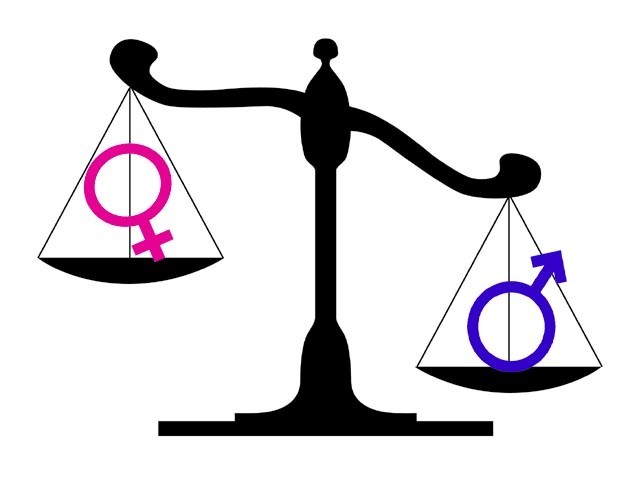
Given the lack of attention the issue has received at home, it is good to see parliamentarians showing some degree of interest in the matter. Awareness raised within the assemblies could help matters, by bringing key issues to the top of the priority list. At a discussion and lobbying session on ‘gender-responsive budgeting (GRB)’ mechanisms in Pakistan organised recently by Human Capital Management Institute (HCMI) and Noor Pakistan in collaboration with Evidence and Learning Based Learning Alliance (ELLA) to create awareness about gender gap challenges, parliamentarians from four major political parties said that women and girls in rural areas lagged far behind men in terms of human development and gender empowerment.
MNAs from the PPP and the PTI both emphasised the need to educate men about the problem and sensitise them to the matters involved. This, of course, is important, but what is also crucial is that we take a look into the future, and recognise that the continued deprivation of women would be a disaster for our nation. The need is to begin a process of change now. This can happen only by giving women a higher status in society — notably in districts where they face the worst discrimination. The disparity in this respect is also very marked. If the resource gap for women is to be narrowed, they need to be given greater powers and a say in decision-making. There are many factors that hold this back. We must hope more such initiatives on the line of the present one can be taken to alter the situation we face today and grant women a more equitable role in society. They deserve this.
Published in The Express Tribune, March 3rd, 2014.
Like Opinion & Editorial on Facebook, follow @ETOpEd on Twitter to receive all updates on all our daily pieces.
COMMENTS (1)
Comments are moderated and generally will be posted if they are on-topic and not abusive.
For more information, please see our Comments FAQ
1735365305-0/Untitled-(3)1735365305-0-405x300.webp)
1735363887-0/Untitled-(2)1735363887-0-165x106.webp)
1735362150-0/Untitled-(1)1735362150-0-165x106.webp)



1735283394-0/sidra--(9)1735283394-0-270x192.webp)

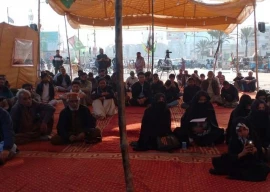
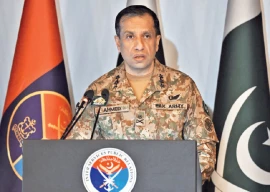
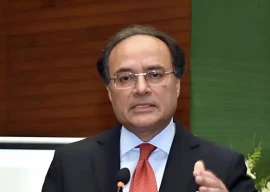
1720030784-0/Smog-free-Lahore-(14)1720030784-0-270x192.webp)

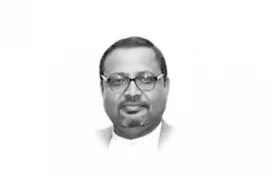




The status of women in Pakistan is bad, in fact far worse than how you interpret it. With few exceptions, women are no less than slaves in the hands of husbands. A slave is traditionally classified as someone who becomes a property of another for the rest his life. It is very similar to women. They get married and unless they find a small minority of good men, remain with men even if they are cruel and treat them like cattle. Add to that the cruelty of in laws. Has she got a chance to free herself without losing her financial status? Unless she is lucky to have well of parents, she is doomed to tolerate the devil. In order to improve her status, laws have to made to allow her a part of husband's income, like in many civilized countries. I do not see that happening in near future.